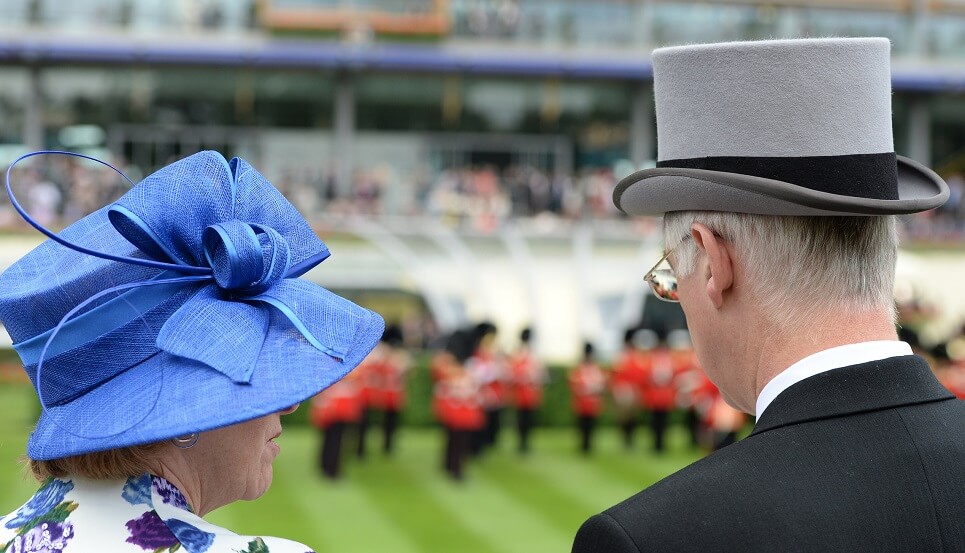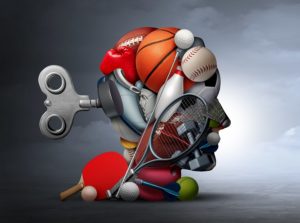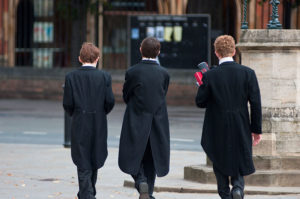Yes they do, but our definition of good manners is constantly evolving, and one publication has tracked this progression. What used to be a guide to the titled aristocrats of British society has developed into a broader, and more useful guide to modern British culture, writes Maxine Morland.
British society has always been driven by status, and Debrett’s, founded in 1769, listed all the important people in society. Debrett’s Peerage and Baronetage was the book that society figures aspired to be in, and included a comprehensive list of the aristocracy and their titles. References to it are made in the work of Oscar Wilde, PG Wodehouse, John Le Carré, and many more.
While Debrett’s Peerage still in print, the more modern Debrett’s Handbook has been created, to act as a quintessentially British guide to modern manners and etiquette. Tricky subjects such as the perils of chivalry in the modern age are tackled head on with advice such as: “A man should stand up to greet a woman when she enters the room for the first time. There is no need, however, for him to be like a jack-in-the-box every time she goes to the loo, goes to get a drink and so on.”
Debrett’s also now publishes People of Today, which is a comprehensive guide to who’s who in British society, not just the aristos. It recognises people for their achievements rather than their lineage. You may be surprised to learn that footballer Wayne Rooney is in there, as is Justine Roberts, founder of mumsnet, Sir Richard Branson and Benedict Cumberbatch. The annual list of 500 individuals even includes vloggers!
Debrett’s has expanded to run courses in etiquette for all walks of life, and produces guides to things such as ‘Modern London Manners’, providing an interesting insight into the how traditional English manners have adapted to technological and cultural change. When eating out in Notting Hill, the guide advises: “Photographing your food shows appreciation for the presentation: but turn the flash off to avoid disturbing others: your dining companions are more important than your Instagram feed.” There are also etiquette classes run for young people about social media, advising 13-17 year olds on the potential pitfalls of living life online, and there is even one for for house sharing.
So how has Debrett’s evolved into a company which boasts a vibrant twitter feed and an engaging, modern website? It could be to do with an injection of capital. In 2012, Debrett’s was acquired by a small group of investors, and following the sale they hired a talent management agency to update the brand. Before the takeover it was primarily a publishing house. Today, as well as providing etiquette training, the business puts on events for rich individuals and partners with luxury brands.
Debrett’s has managed to retain the best of its history, and embrace the modern world, while still providing useful insight and advice for those entering British cultural and business environments. You can still look up the correct forms of address for the social minefield of British titles, professional styles, honours and decorations, but now you can do it online. To read more, visit: www.debretts.com.




